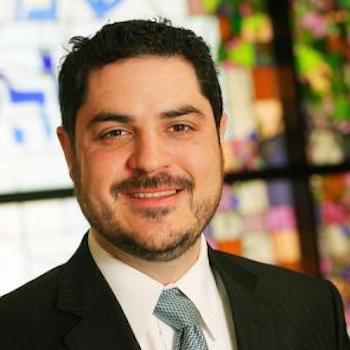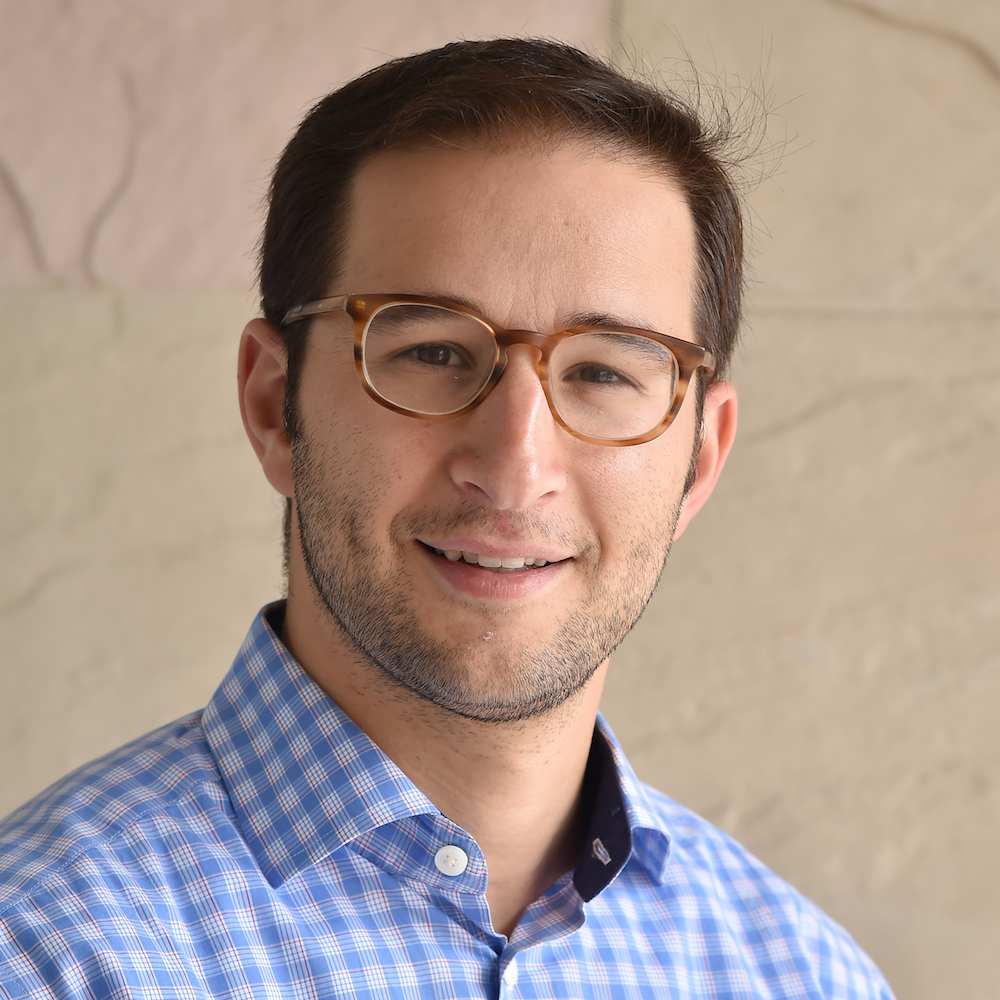 Photo from Pexels.
Photo from Pexels. PARSHA: TOLDOT, Genesis 25: 21-23
“Isaac pleaded with the Lord on behalf of his wife, because she was barren; and the Lord responded to his plea, and his wife Rebecca conceived. But the children struggled in her womb, and she said, ‘If so, why do I exist?’ She went to inquire of the Lord, and the Lord answered her:
Two nations are in your womb,
Two separate peoples shall issue from your body;
One people shall be mightier than the other;
And the older shall serve the younger.”
Tova Hartman
Dean of Humanities at Ono Academic College, Israel

As we continue to read through Genesis, we realize that the “original sin” of the book is not the use of “seduction” by Eve, but our matriarchs’ collusion in a tragic zero-sum game. This becomes especially evident in these verses, which introduce the tumultuous saga of Jacob and Esau. There, the Lord informs Rebecca that two nations are warring within her previously barren womb and that when they emerge, “one people shall be mightier than the other, and the older shall serve the younger.”
Just as Sarah expels Hagar because there is not enough room for both Isaac and Ishmael, Rebecca accepts the fact that one of her sons, mightier than the other, will crowd out his brother. She ensures the outcome by helping Jacob deceive his father. Esau alone resists this world order. When he returns from hunting to learn that his father already has given away his blessing to Jacob, he does not accept Isaac’s action as a fait accompli.
Instead, Esau asks the fundamental question: “Have you but one blessing, father?” (Genesis 27:38).
In this alternative theology, Esau teaches that there could be more than one blessing. In fact, the zero-sum mentality is one of the tragedies of our world. This is especially so in Israel, where we almost habitually presume one people’s claim to the land to the exclusion of all others. Why not dignify both claims, both histories? “Does God have only one blessing?” asks Catholic theologian Mary Boys. The God I choose to believe in does indeed have multiple blessings.
Rabbi Noah Farkas
Valley Beth Shalom

Often when we try to explain our way out of suffering, we cause more pain — even if we never intend to do so.
God is still getting to know the human heart in Genesis and perhaps oversteps in the case of Rebecca. What we know clearly is that Rebecca, the mother, suffers inexorably. God tries to placate her with a political explanation, but the text never says that she was consoled by God’s words. In fact, one easily could say that God adds to her suffering, because the conflict between the brothers will become an eternal conflict between whole nations. From this perspective, Rebecca actually suffers twice in God’s eyes: once for her pregnancy and once for her children’s fate.
The Chasidic master Levi Yitzchak is helpful here. In her travail, Rebecca utters the word anochi, which mystically seems to refer to God’s utterance of anochi (I am) in the first of the Ten Commandments. The “I am” of God is linked to the “I am” of Rebecca. In her pain, Rebecca displaces God’s explanation of suffering even before it is taught to her. She teaches us that we should never treat suffering as a means, but instead as an experience unto itself.
To explain away suffering is to actually cause more suffering. The way out of suffering is not through reasoning or explanation but through presence and response. Thus, the cry of the mother is heard louder to me than the voice of Father in Heaven. Like God’s, Rebecca’s cry is a commandment of sorts, for us to respond to woe not by rational explanation but in love and presence.
Rabbi Ari Schwarzberg
Shalhevet High School

The struggle in Rebecca’s womb typifies the pattern of sibling rivalry throughout Genesis. Beginning with Cain and Abel and ending with Joseph and his brothers, the book depicts a cycle of fraternal strife in which the younger child repeatedly emerges as the torchbearer of Abraham’s legacy.
But if we take a closer look at this theme, the chosen status of the Abrahamic line is not granted willy-nilly to the younger sibling. The right to the family name is earned through the refinement that comes from enduring trying moments and traumatic events. Isaac encounters death at the Akedah while Jacob and Joseph spend years of their lives exiled from their families. Sarah, Rebecca and Rachel battle with infertility, and Leah lives much of her life in the shadow of her younger sister.
In sum, our matriarchs and patriarchs do not live lives of tranquility, nor is their status achieved merely by virtue of their genetic code. Perhaps this is the meaning behind God’s response to Rebecca. Yes, God says, struggle will forever be part of the human condition. But inherent in that struggle is the capacity for growth and change. Each of our ancestors faced adversity, and through those experiences they were transformed into our patriarchs and matriarchs — indeed, the younger child became the exalted one. As we read these stories, let us also commit ourselves to God’s promising destiny that our challenges and difficulties need not seal our fate as being perpetual “younger siblings.”
Rabbi Denise L. Eger
Congregation Kol Ami

Amazing! Prayers are answered by God. Isaac and Rebecca cry to God about their infertility. And God answers with the promise of twins. For most of us, prayers are not answered so quickly — especially prayers about infertility issues. Often, those who want children cannot ride the roller coaster of trying to get pregnant using available science and technology.
We don’t talk enough about the pain of infertility. We should. We Jews tend to marry at older ages, following extensive education and professional tracks. Marrying late, or not finding Mr. or Ms. Right, can make conception more difficult, time-consuming and expensive. Infertility treatments can take the romance out of the process. As a result, many Jews have fewer children than did their forebears.
For a community concerned with continuity, this issue demands attention. The Jewish Free Loan Association in Los Angeles offers interest-free loans for the great expense of in vitro fertilization, a technique used to overcome infertility. We ought to lift up more opportunities for adoption and assistance for families adding to our numbers through a variety of possibilities. Rebecca and Isaac prayed to God. We should, too. But some help and attention from the organized Jewish community could shed important light on this issue.
Infertility and solutions available now shouldn’t be left to prayer. They should be on our communal agenda. Let’s help families grow rather than see infertility as a badge of shame. That is my prayer. I hope it is answered.
Rabbi Haim Ovadia
Magen David Sephardic Congregation, Rockville, Md.

Isaac was not the most talkative man, making it difficult for Rebecca to communicate with him. He loved her deeply and focused his prayer not on himself as childless, but on her. Rebecca loved and respected Isaac, but her experience taught her that a woman’s voice is not heard in a man’s world.
Her parents arranged her marriage without consulting her, retracting only when not offered a fair price. Rebecca bypassed established practices and spoke to God directly, probably never revealing details to Isaac. God tells her that she will be the progenitor of two great nations that will struggle for hegemony. One of these nations, God says, will overpower the other. Up until this point, everything was clear, but the problem started with the last three words of verse 23. Those words can be understood as saying that the greater will serve the smaller, or that the greater will be served by the smaller (compare with Job 14:19).
It is also not clear what the yardstick is for greatness or smallness. Is it age, physical stature or future political and military prowess? Even if she had told Isaac about her prophecy, the two of them might not have agreed about who is great and who is small. Isaac might have also argued that he needed to obey the natural flow and the let the boys shape their own identities and destinies.
Rebecca decided to take matters into her own hands and guarantee the fulfillment of the prophecy, plunging her family into rivalry, distrust and chaos.





















 More news and opinions than at a Shabbat dinner, right in your inbox.
More news and opinions than at a Shabbat dinner, right in your inbox.